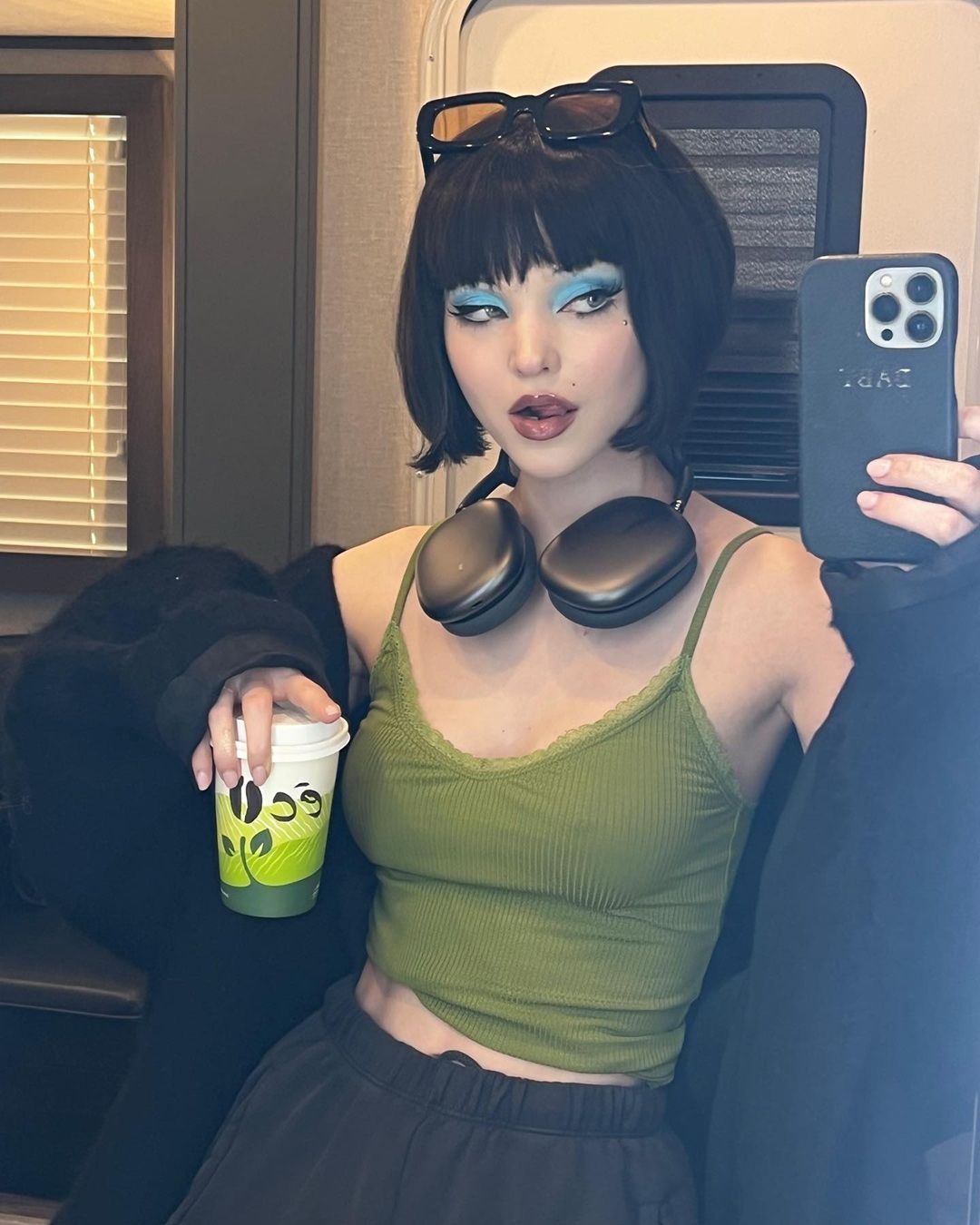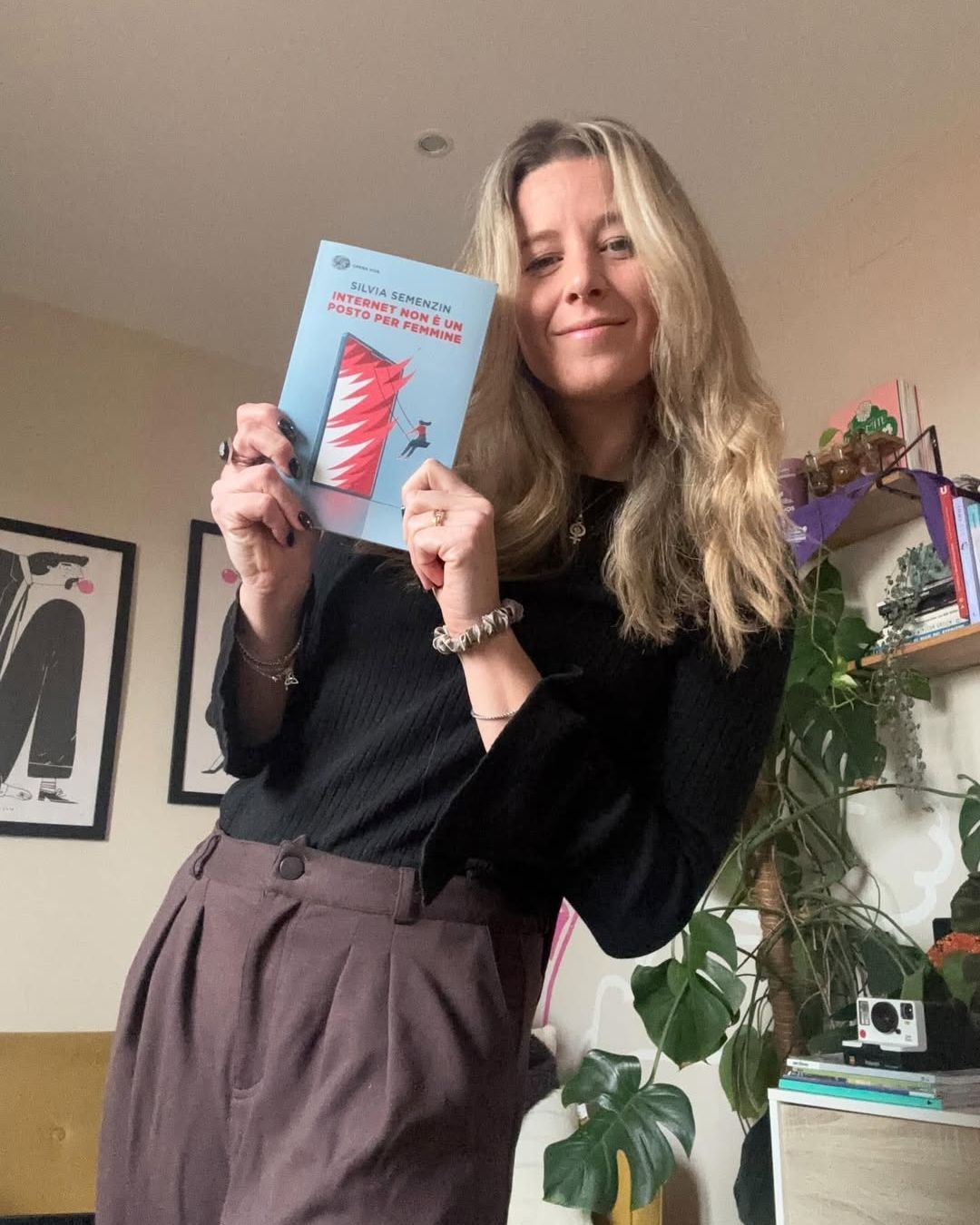
The Ordinary believes in the power of the community Interview with the Canadian brand that is not afraid to take a stand
I was quite lucky in my teenage years not to have any particular skin issues on my face. I got through the acne years almost unscathed, and I entered adulthood without knowing anything about skincare. However, around a completely unaware me, during those years there was a growing interest in everything beauty-related. Those were the years of YouTube, Kylie Cosmetics, and the Korean skincare routine. Since then, the focus has actually shifted from makeup to skincare, a market that has grown exponentially, thanks in part to The Ordinary.
The Rise of The Ordinary
Who doesn't know this Canadian brand? Born in 2016, it quickly found its way into everyone's conversations, both online and offline. What attracted customers were primarily the minimal design and the affordable prices. On a deeper level, it was the precise and transparent formulation and the practical approach to the subject. What consolidated its reputation were campaigns that were in line with the times and informative, and products that are still viral today. We asked Nicola Kilner (CEO and Co-Founder) and Rita Silva (Science Communications Manager) to explain the secret of a brand that has outlasted trends to establish itself enduringly, without fear of expressing its opinion on controversial issues, such as the sale of anti-aging products to 10-year-old girls and pre-teens.
Integrity and Transparency, Insights from Nicola Kilner and Rita Silva
"The Ordinary is unique because it's effective and affordable, of course, but also because it's a brand that believes in the value of integrity. It shouldn't be a rare or unique position, yet it is. We are aware of our impact on the planet, animals, and people. They ask us about the age of our target audience, and we say it's not about the target; it's about mindset. We don't care if you're 20 or 90 years old, if a product works for you. That's our philosophy: we want to work. We want to be for everyone. It's common sense. Why shouldn't we simply explain what ingredients we use, the percentages, why shouldn't we try to make them accessible?"
Integrity, inclusion, and transparency are increasingly demanded values by users and customers, and at The Ordinary they are pleased about it: "Before, brands were in power, and they controlled consumers. Now it's almost the opposite. We live in a world where if you do something wrong, everyone talks about it: you're canceled. It's pressure that can also be healthy because it's increasingly difficult to hide; you must be authentic, admit your mistakes. We're human, we make mistakes. The important thing is not to try to be something you're not, not to blindfold consumers. Their combined voices have more power than any campaign. Moreover, it's easier to launch a brand today than it was 10 years ago, and this pushes everyone to do better. I don't mean that indie brands inspire the big ones, but that the big ones learn a bit from them about transparency. It's the democratization of the beauty world."
The downside of this democratization is misinformation. "It has happened to us often. A product goes viral and is used incorrectly, especially in a young community like TikTok. It happens. We usually respond with campaigns, we directly address the consumer to provide information in those same communities, we try to be the voice of reason. We will never avoid questions; everything is open, informative. We want to say everything. The only way to keep a successful brand is to earn the trust of consumers."
Skincare for Pre-teens
A specific campaign was dedicated to the use of anti-aging products by very young girls, often even children. The debate was very tough and passionate. "It's great that people are so interested in skincare, and we want to nurture and support this interest. In this case, by explaining what these pre-teens can use instead, without scolding them and without saying they can't use anything. For example, we have a cleanser that would also be good for newborns, or for example, sunscreen: the sooner you start using it, the better. Teenagers don't want to be told what they can't do; it's a matter of changing the conversation: it's better to give them tools."
The Ordinary: Niacinamide and Beyond
Finally, Nicola Kilner insists on one fundamental thing for her and for The Ordinary: "We are grateful for everything we learn from our community. There are some products whose functions and applications we discover thanks to them. Sometimes we see them using something in a certain way, and we ask our team to do studies, and they confirm what the community had already discovered. Other times, however, we have to recommend not using something in some way. But in any case, it's the community that drives us forward, that guides us. We are very grateful for this, for the way our consumers are informed and generous, for the way they share their discoveries with us." To conclude, many promises for the future (that we can't talk about just yet) and a new product: the Retinal 0.2% Emulsion, which firms and smoothes the skin, noticeably reducing the appearance of dark spots. The one they can't do without? For Nicola, it's the Niacinamide Anti-Blemish Facial Serum, for Rita, it's the Natural Moisturizing Factors + PhytoCeramides.
























































